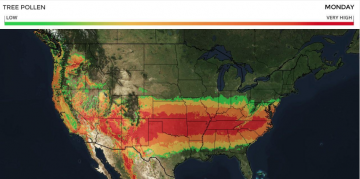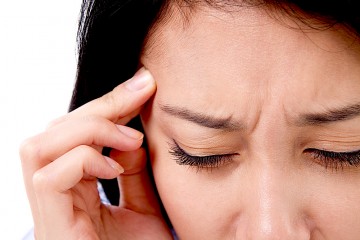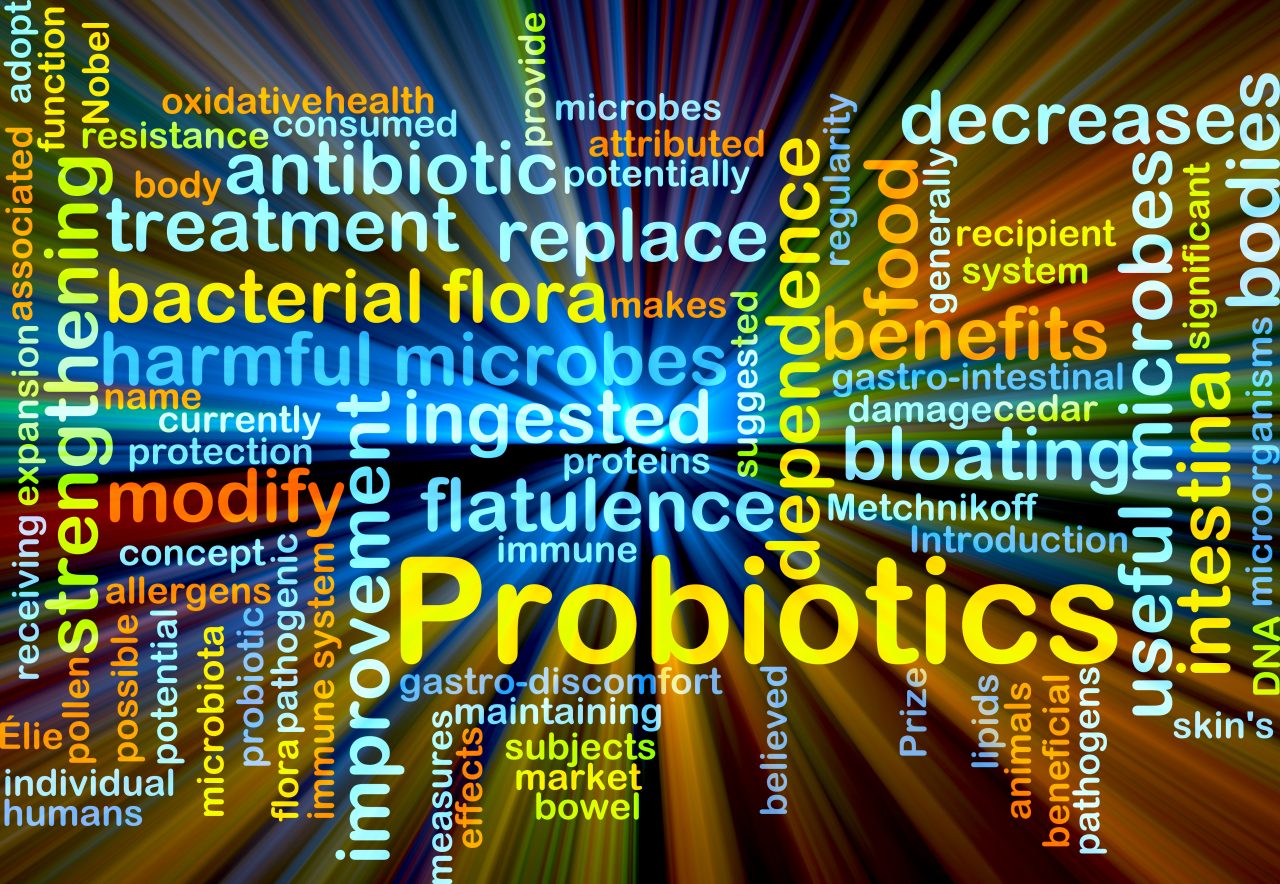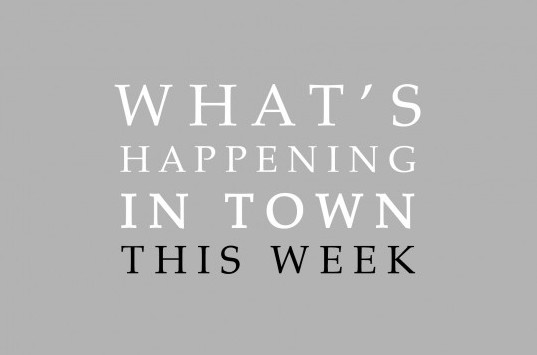Don’t Be So Quick to Call it a Food Allergy
 When my 13 year old was in nursery school, there were no kids in her class allergic to nuts. In my boys’ pre-school class of 15, there are 3 kids with a peanut allergy. My son, Shane, is one of them. When he was about two, we were at the allergist for a different type of reaction, and a skin test revealed an allergy to peanuts. To be honest, I was really angry I had to be saddled with this diagnosis. I didn’t want the kid that made every other kid have to check their birthday treat ingredients, or the kid who has to sit at the peanut free table. I didn’t really believe it, why would my 5th child have an allergy when no one else in the family did? His twin was exposed to the exact same environment, and he was fine, so what the …? I wanted it to go away, so about a year later, Epipen in hand, I gave him a dot of peanut butter on a crumb of bread. Turns out, he’s allergic.
When my 13 year old was in nursery school, there were no kids in her class allergic to nuts. In my boys’ pre-school class of 15, there are 3 kids with a peanut allergy. My son, Shane, is one of them. When he was about two, we were at the allergist for a different type of reaction, and a skin test revealed an allergy to peanuts. To be honest, I was really angry I had to be saddled with this diagnosis. I didn’t want the kid that made every other kid have to check their birthday treat ingredients, or the kid who has to sit at the peanut free table. I didn’t really believe it, why would my 5th child have an allergy when no one else in the family did? His twin was exposed to the exact same environment, and he was fine, so what the …? I wanted it to go away, so about a year later, Epipen in hand, I gave him a dot of peanut butter on a crumb of bread. Turns out, he’s allergic.
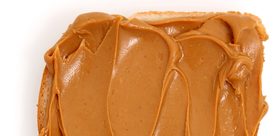 I’ve been feeling a little guilty about my test, because I know it stemmed from my own hang ups. But, turns out, I did the right thing — sort of. Doctors are finding more and more children who have been misdiagnosed with a food allergy or multiple food allergies, either by a medical professional or a parent. Yes, food allergies are very real and they can be fatal.
I’ve been feeling a little guilty about my test, because I know it stemmed from my own hang ups. But, turns out, I did the right thing — sort of. Doctors are finding more and more children who have been misdiagnosed with a food allergy or multiple food allergies, either by a medical professional or a parent. Yes, food allergies are very real and they can be fatal.
Sometimes, though, they are confused with food intolerances. A food intolerance is a completely different animal. It happens when a certain food or food group isn’t digested properly, often causing bloating and abdominal pain. Sometimes a child has symptoms related to a poor diet, and cutting out certain foods improves the diet, and relieves the symptoms. This doesn’t mean the child has an allergy. It means more focus needed to be placed on good nutrition.
Many parents of children with behavioral problems swear by eliminating certain foods like sugar and wheat. If a change in diet makes a positive difference, even though the science doesn’t support it, parents should continue with the changes. However, we need to be very careful about what we call an allergy. An all or nothing approach can be unhealthy.
Eliminating food groups from a diet can have serious consequences with regard to nutrition, metabolism and growth. Owning the diagnosis of a food allergy can result in a lifetime of inconvenience and deprivation. Before you accept your child has a food allergy based on lab tests or your own hunch, get a second opinion. The proper way to diagnose a true allergy is with a combination of blood tests, skin tests and a good review of medical history. A food challenge should be done under medical supervision, so do NOT do what I did.
True allergies are on the rise and the why is being debated. Sometimes, with increased prevalence comes an easier acceptance. We should question an allergy diagnosis as we would any other life altering illness. Is having a food allergy a big deal? For most people not really, but it does add an extra level of caution and again, can result in a diet lacking in important nutrients. Speak with your doctor, and if you are both convinced your child has a true allergy, speak with a nutritionist to ensure he or she is getting everything they need.
Read This Before You Pop a Sleeping Pill
Find out what the pollen count is today.
Off the Beaten Path in Puerto Rico: Ponce
When Should You Worry About a Headache?
15+ of Our Favorite Family Games
Can You Develop a New Allergy…at 40?!
RUN Don’t Walk to Get Tickets to See Come From Away...It Was Amazing.
5 Foods That Might Make You Sicker


